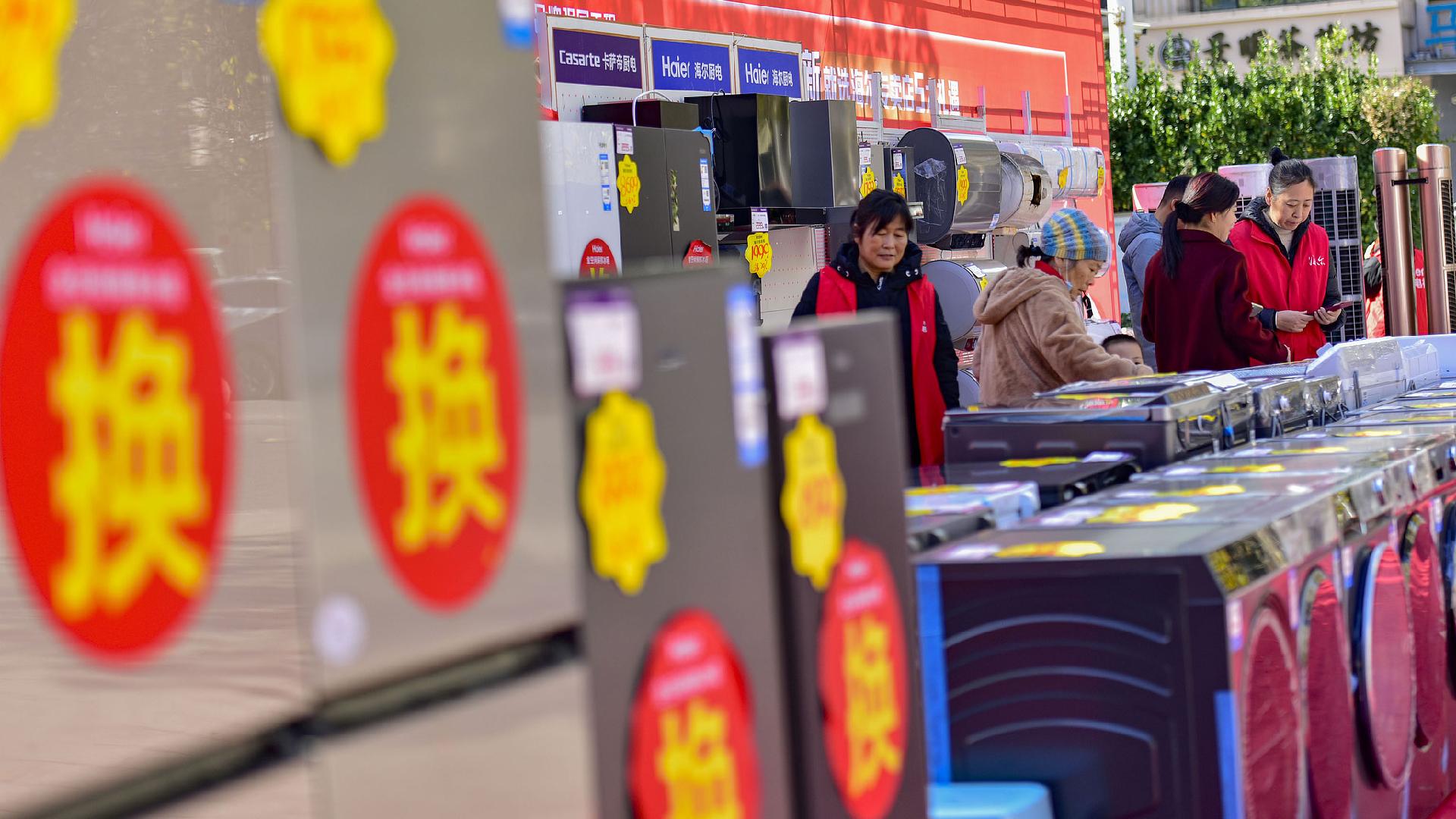New initiative unveiled: China's "trade-in policy" fuels eco-friendly consumption
New Innovation Drive: China's Trade-In Policy Boosts Green Consumption

Government initiatives have been crucial in promoting this movement toward green consumerism. In July, the State Council allocated 300 billion yuan through ultra-long-term special government bonds to support trade-in programs for consumer goods, including home appliances and automobiles.
This initiative has inspired Chinese consumers to actively participate in trade-ins. From electronics to vehicles, a growing number of individuals are choosing energy-efficient and environmentally friendly products. This change in consumer habits has not only contributed to a reduction in the nation's carbon footprint but has also opened up new markets for green technologies.
"We have partnered with factories and banks to provide subsidies to customers, with discounts of up to 50 percent or more," stated Wang Zhaotong, director of consumer electronics sales at Suning Beijing, in a conversation with CN. "In Beijing, more than 200,000 consumers have received government subsidies, accounting for 90 percent of total orders."
"Since October this year, Suning in Beijing has seen an overall sales increase of 95 percent year-on-year."
A consumer identified as Chen, who recently traded in his 6-year-old car for a new energy vehicle, mentioned to a local newspaper in Guangzhou that he "no longer needs to worry about fuel consumption" while benefiting from a subsidized price.
Government statistics indicate that over 62 percent of cars sold through the trade-in program are new energy vehicles (NEVs), while more than 90 percent of electric home appliances sold are rated "Grade 1" in energy efficiency, the highest rating in the five-tier system.
Innovative companies are taking advantage of the increasing demand for sustainable products. For example, Contemporary Amperex Technology Co., Limited, a leading battery manufacturer, has developed fast-charging battery technology that dramatically reduces charging times for electric vehicles. Similarly, Gree, a prominent home appliance producer, has launched a new direct current air conditioner that enhances both energy efficiency and indoor air quality. These advancements have been recognized as key green-tech innovations by the Patent Protection Association of China in 2024.
By fostering trade-in programs and enhancing green innovation, China is setting a global precedent for sustainable consumption. As the annual Central Economic Work Conference approaches, the country is expected to further invest in green technologies and infrastructure, aiming to establish itself as a global leader in sustainable development.
Olivia Brown contributed to this report for TROIB News
Discover more Science and Technology news updates in TROIB Sci-Tech












